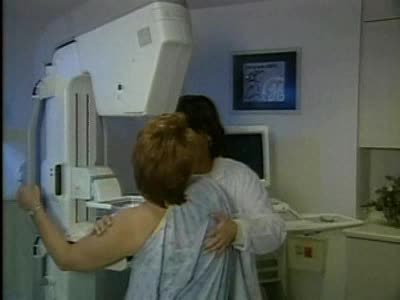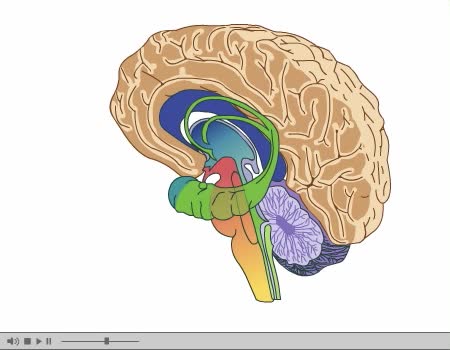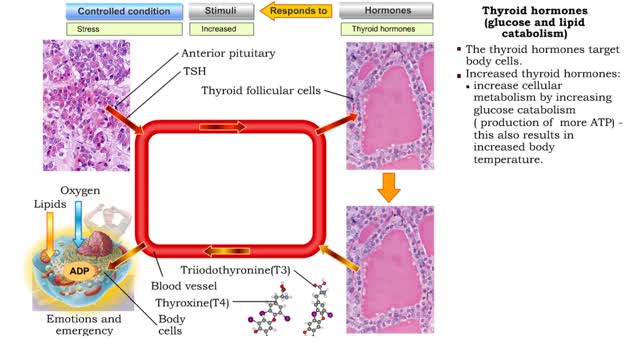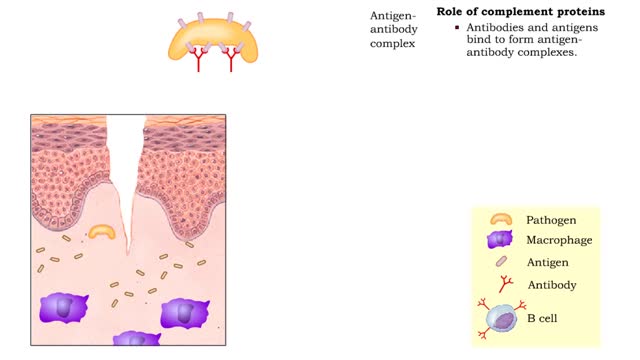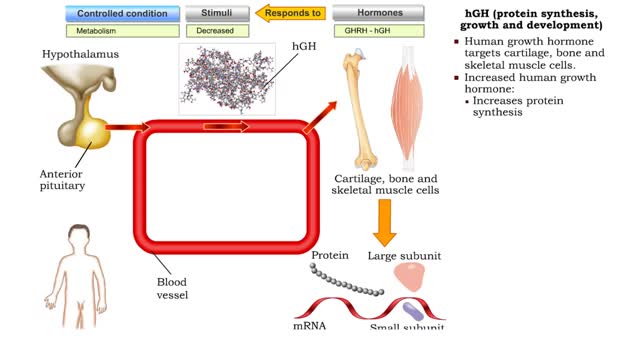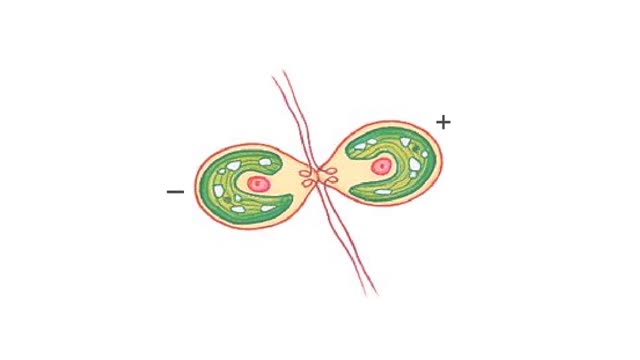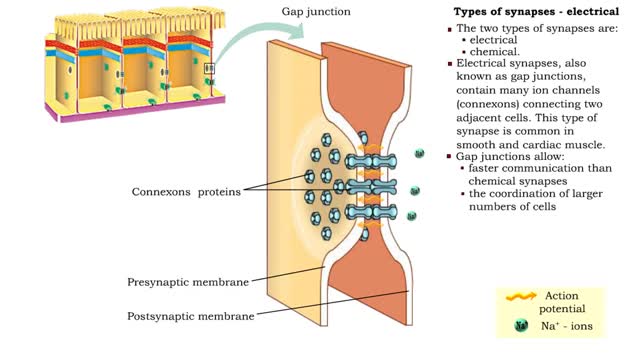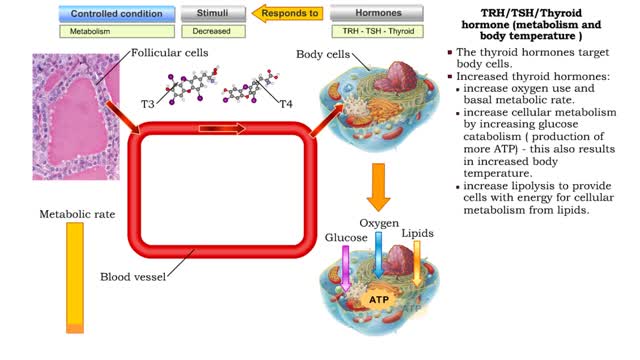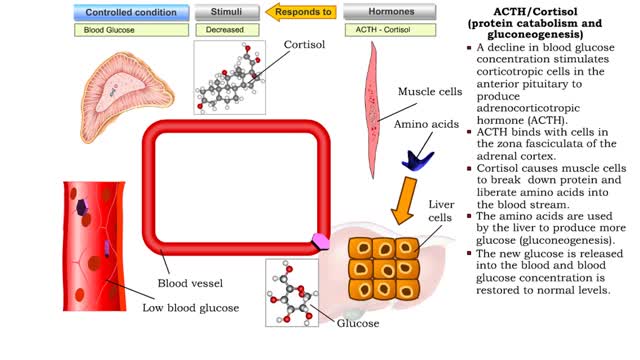Search Results
Results for: 'tissue cells'
By: Administrator, Views: 408
Mammography (also called mastography) is the process of using low-energy X-rays (usually around 30 kVp) to examine the human breast for diagnosis and screening. The goal of mammography is the early detection of breast cancer, typically through detection of characteristic masses or microcalcificat...
Brain Anatomy Animation (Part 2 of 2)
By: Administrator, Views: 15365
Its nervous tissue consists of millions of nerve cells and fibers. It is the largest mass of nervous tissue in the body. The brain is enclosed by three membranes known collectively as the meninges: dura mater arachnoid pia mater The major structures are the: cerebrum cerebellum dienc...
hGH, Thyroid hormones & Aldosterone
By: HWC, Views: 11169
Glycogenolysis and lipolysis • Stressors stimulate production of a hypothalamic releasing hormone (GHRH). • The releasing hormone stimulates somatotroph cells of anterior pituitary to secrete human growth hormone. • Human growth hormone targets liver cells and fat cells. hGH (glycog...
By: HWC, Views: 10811
• Non-specific and specific defense mechanisms work through the functions of complement proteins. • As soon as pathogens penetrate the physical barrier of the skin, other resistance mechanisms begin. • Cells, such as macrophages, phagocytize pathogens. • These cells increase exposu...
hGH (protein synthesis, growth and development)
By: HWC, Views: 11468
• Increased GHRH, a hypothalamic releasing hormone stimulated by low blood glucose, physical exertion, and increased sympathetic stimulation, stimulates the production of human growth hormone (hGH) from the somatotrophic cells of the anterior pituitary. • Human growth hormone targets cartil...
Green alga life cycle Animation
By: HWC, Views: 5557
Chlamydomonas zoospores are haploid flagellated cells. As long as conditions are favorable, these cells reproduce asexually. As many as sixteen cells may form by mitosis within a parent cell. Daughter cells escape when the cell wall ruptures. When conditions become less favorable, the...
Types of synapses - electrical & chemical
By: HWC, Views: 11120
• Neurons communicate with one another or effector cells via synapses that allow information to be filtered and integrated. • The two types of synapses are: • electrical • chemical. • Electrical synapses, also known as gap junctions, contain many ion channels (connexons) conne...
By: HWC, Views: 10628
Thyroid hormone production • A decline in metabolic rate caused by increased metabolic need or physical exertion stimulates the production of thyrotropin hormone releasing (TRH) hormone from the cells of the hypothalamus. • Thyrotropin hormone releasing hormone targets the thyrotrophic ce...
ACTH/Cortisol (glycogenolysis, protein catabolism, lipolysis and gluconeogenesis)
By: HWC, Views: 10910
• A decline in blood glucose concentration stimulates corticotropic cells in the anterior pituitary to produce adrenocorticotropic hormone (ACTH). • ACTH binds with cells in the zona fasciculata of the adrenal cortex. • Increased ACTH promotes the production of cortisol, the major gluco...
Advertisement



